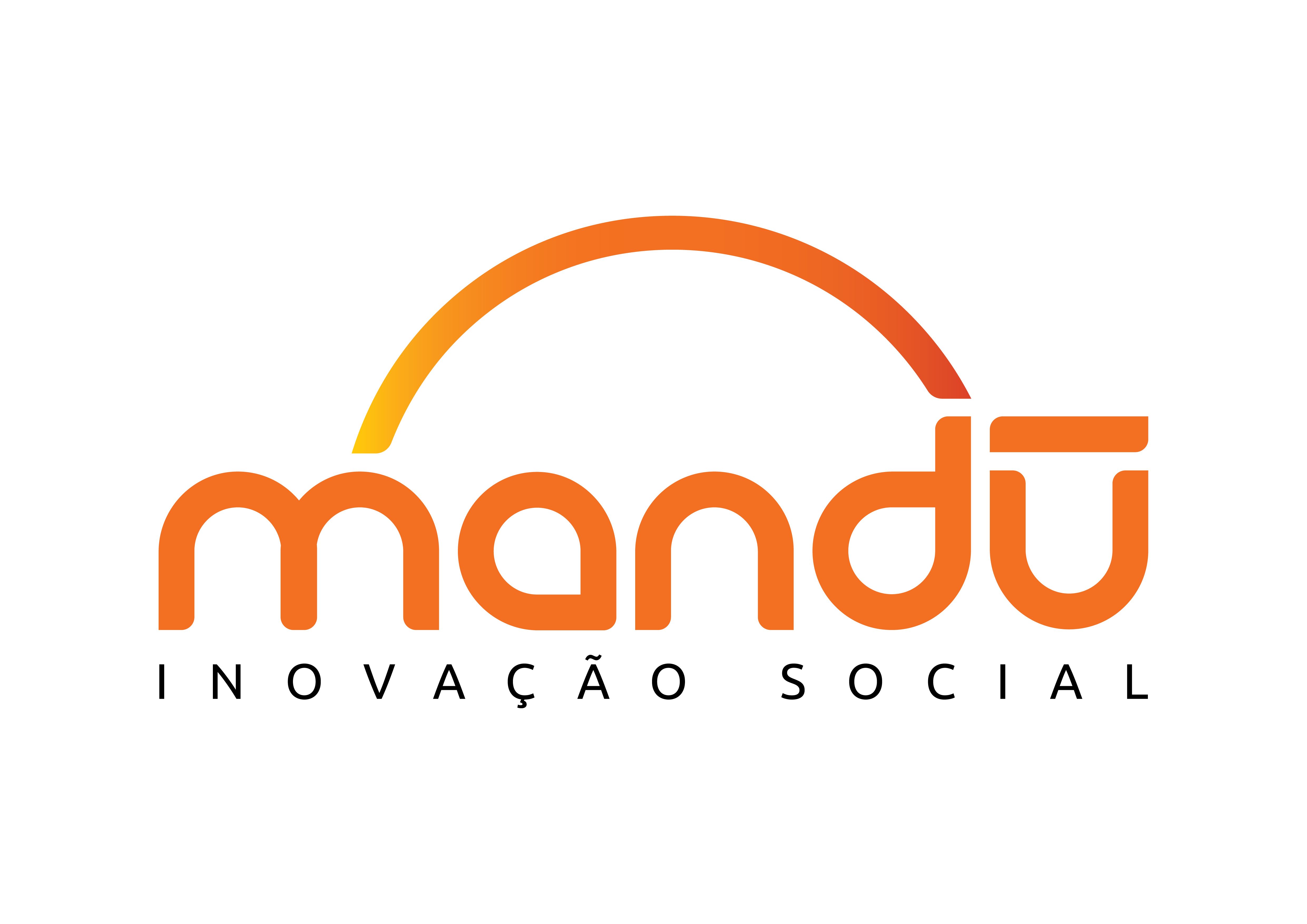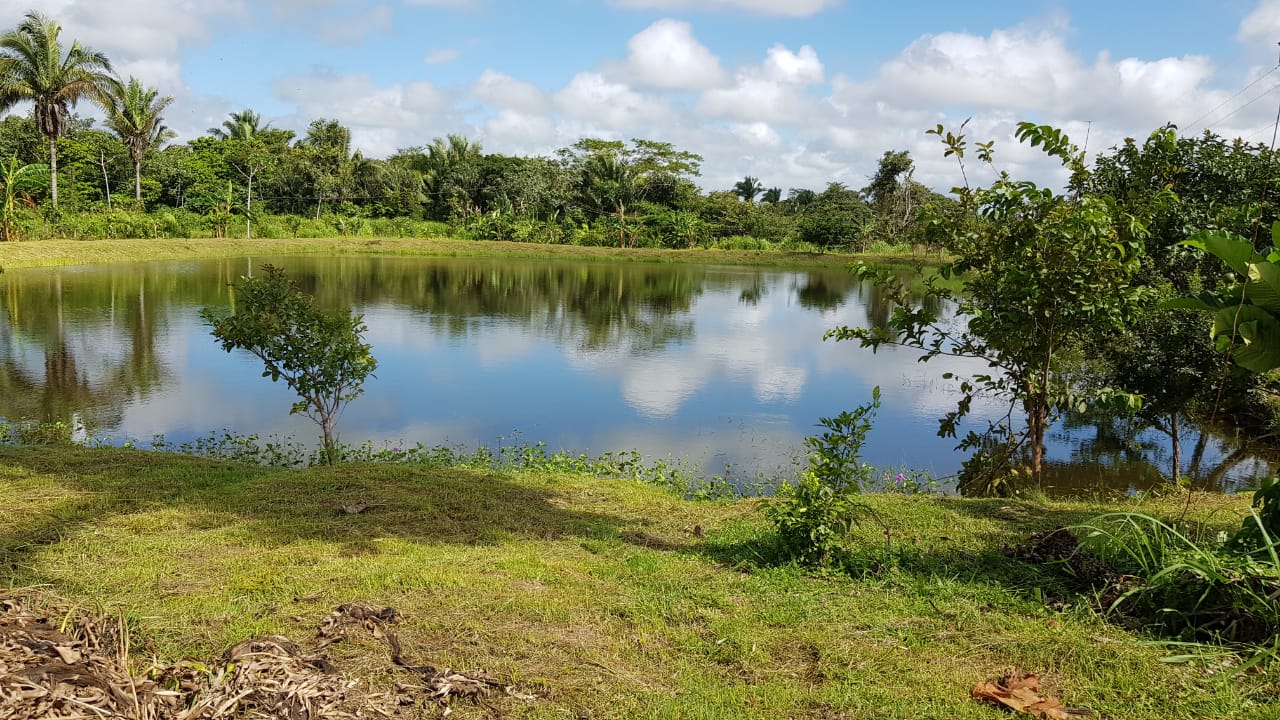The planet is not working well and natural signs warn us of this every day: Lack of natural resources, floods, severe climate change, extinction of wild animals, fires... in a conglomerate of bad deeds, agriculture has its share of blame. Today, we will introduce you to permaculture: a look at the future salvation of our terrestrial globe, and even more: salvation of life on Earth.
Now, enough of this curiosity and let's go!
What is permaculture?
It is a much simpler set of actions than you imagine, however, permaculture is a system of planning of sustainable human environments using agricultural and social practices whose design planning is centered on simulating or directly utilizing the patterns and characteristics observed in natural ecosystems.
In fact, this method has been systematized to respond to the new and growing awareness of the contribution of traditional industrial systems in global environmental degradation.
The name itself, which means "permanent culture”, was designed as a antithesis of modern industrial systemsincluding food production systems that, through their high energy (by high dependence on fossil fuels and chemicals), have been proving unstable, non-resilient and polluting (therefore unsustainable).
In summary, Permaculture is the use of a systemic way of thinking and conceiving ecological principles that can be used to design, create, manage and improve all efforts made by individuals, families and communities towards a sustainable future.
Currently, it is considered an social and environmental science that combines scientific knowledge with traditional and popular knowledge thus ensuring the permanence of human beings as a species on planet Earth.
How to develop a permaculture project?
In 2002, Holmgren published the book Permaculture: Principles and pathways beyond sustainability, which defines 12 design principles that can be used as a guide when generating sustainable systems. These principles can be applied to all daily processes in order to humanize them, increase efficiency, and, in the long run, ensure the survival of humanity.
12 principles can be used as a guide when generating sustainable systems:
- Principle 01: OBSERVE AND INTERACT
“By taking time to engage with nature, we can design solutions that suit our particular situation." – David Holmgren
- Principle 02: CATCH AND STORE ENERGY
"By developing systems that collect resources when they are abundant, we can use them in times of need."- David Holmgren
- Principle 03: OBTAIN A YIELD
"Make sure you're getting really useful rewards as part of the work you're doing." – David Holmgren
- Principle 04: APPLY SELF-REGULATION AND ACCEPT FEEDBACK
"We need to discourage inappropriate activities to ensure that systems can continue to function well." – David Holmgren
You can use all 12 principles
- Principle 05: USE AND VALUE RENEWABLE RESOURCES AND SERVICES
"Make the best use of nature's abundance to reduce our consumption behavior and dependence on non-renewable resources." – David Holmgren
- Principle 06: PRODUCE NO WASTE
“If we value and make use of all the resources that are available to us, nothing goes to waste." – David Holmgren
- Principle 07: DESIGN FROM PATTERNS TO DETAILS
"Taking a step back, we can observe patterns in nature and society. These can form the backbone of our projects, including the details as we go along." – David Holmgren
- Principle 08: INTEGRATE RATHER THAN SEGREGATE
"Putting the right things in the right place, relationships develop among them and support each other."- David Holmgren
- Principle 09: USE SMALL AND SLOW SOLUTIONS
"Small, slow systems are easier to maintain than large ones, making better use of local resources that produce more sustainable results." – David Holmgren
- Principle 10: USE AND VALUE DIVERSITY
"Diversity reduces vulnerability to a variety of threats and takes advantage of the unique nature of the environment in which it resides." – David Holmgren
- Principle 11: USE EDGES AND VALUE THE MARGINAL
"The interface among things is where the most interesting events happen. These are often the most valuable, diverse and productive elements in the system." – David Holmgren
"Don't consider yourself to be on the right track just because everyone else has used it.” Holmgren is clear in saying that the most popular technique does not always coincide with the best approach.
- Principle 12: CREATIVELY USE AND RESPOND TO CHANGE
“We can find a positive impact on inevitable change by observing carefully, and then intervening at the right time." – David Holmgren
How does Mandū contribute to the maintenance of human life using the principles of permaculture?
In fact, in 2021 we started the creation of Permaculture training and Innovation Center in Mahubo / Mozambique, a project developed in conjunction with the German organization along with the organization "Pão pro Mundo" and IPERMO (Permaculture Institute of Mozambique).
In addition, the project contributes to food security (SDG 2), sustainable consumption and production (SDG 12) and the improvement of agricultural education (SDG 4) at the local, national and international levels. Mandu is very proud of the construction of this field of struggle and fomenter of social change.
The project has 4 main objectives:
- Offer a training in bioconstruction for the construction of an accommodation that can receive participants, students and technicians for permaculture training.

- Promote training in bioconstruction for a team of technicians with the aim that they can provide services and, in addition, conduct training in this area.

- Build a database of consultants and permaculturists that can participate in IPERMO projects, promoting knowledge sharing among permaculturists, farmers and people from interested local communities.

- Carry out joint efforts to share this knowledge in the surroundings of Mahubo with the aim of making permaculture a widespread and practiced system in the region.

Finally, it is essential to seek the advancement and propagation of permaculture as a way out of the degrading system of industrial agriculture that we see on almost every part of the planet. Thus, permaculture is expressed as a continuous way of thinking and enabling ecological principles that help us create and manage spaces within the biologically sustainable field. We hope we can count on you in this fight!
Got curious about other projects that Mandū develops? Follow the articles we publish on the blog and follow us on social networks!
Instagram: https://www.instagram.com/mandusocial/
Linkedin: https://www.linkedin.com/company/manduinovacaosocial/?viewAsMember=true
Youtube: https://www.youtube.com/channel/UC9JZFnjk-Pf9_Oznlzo0_8Q
Facebook: https://www.facebook.com/mandusocial

